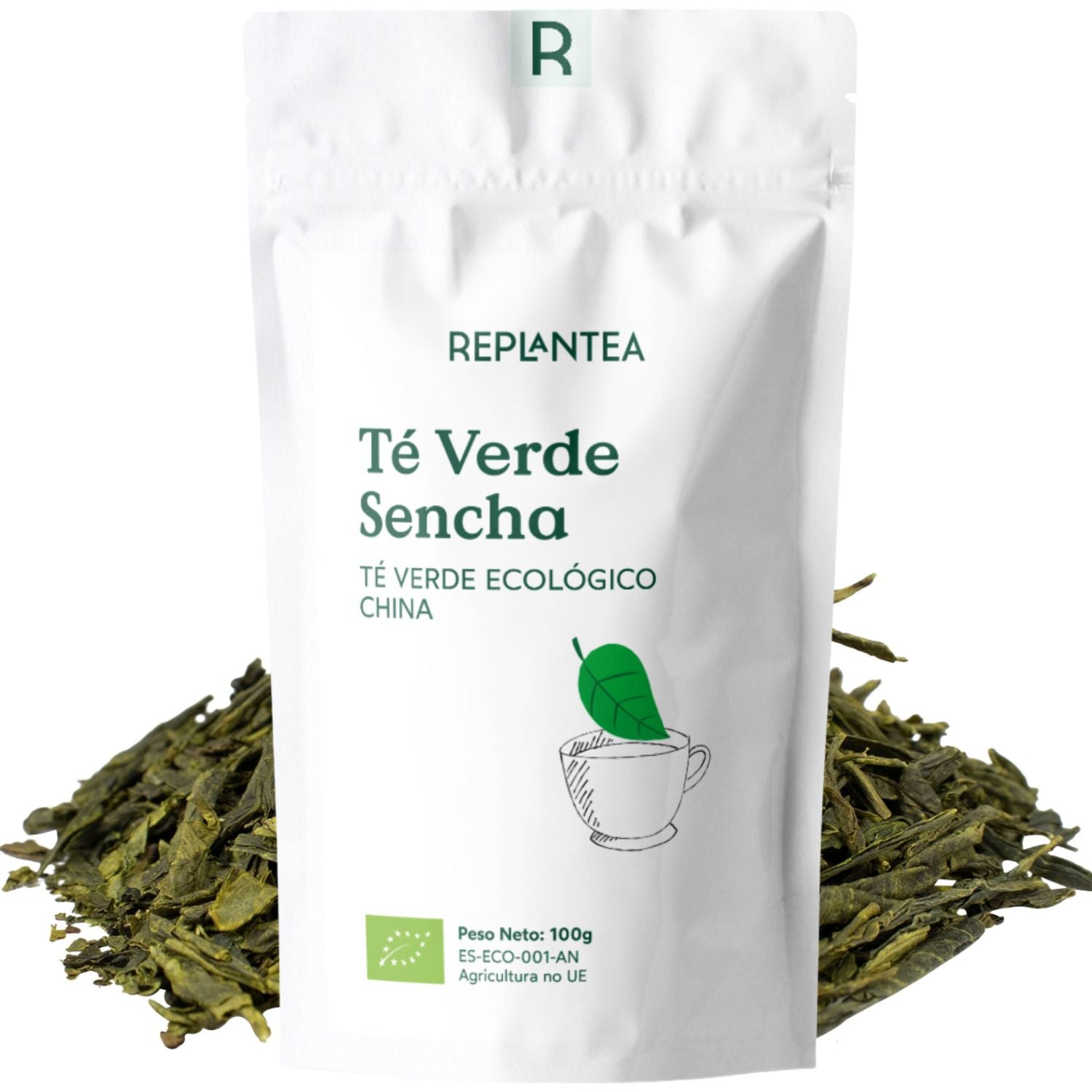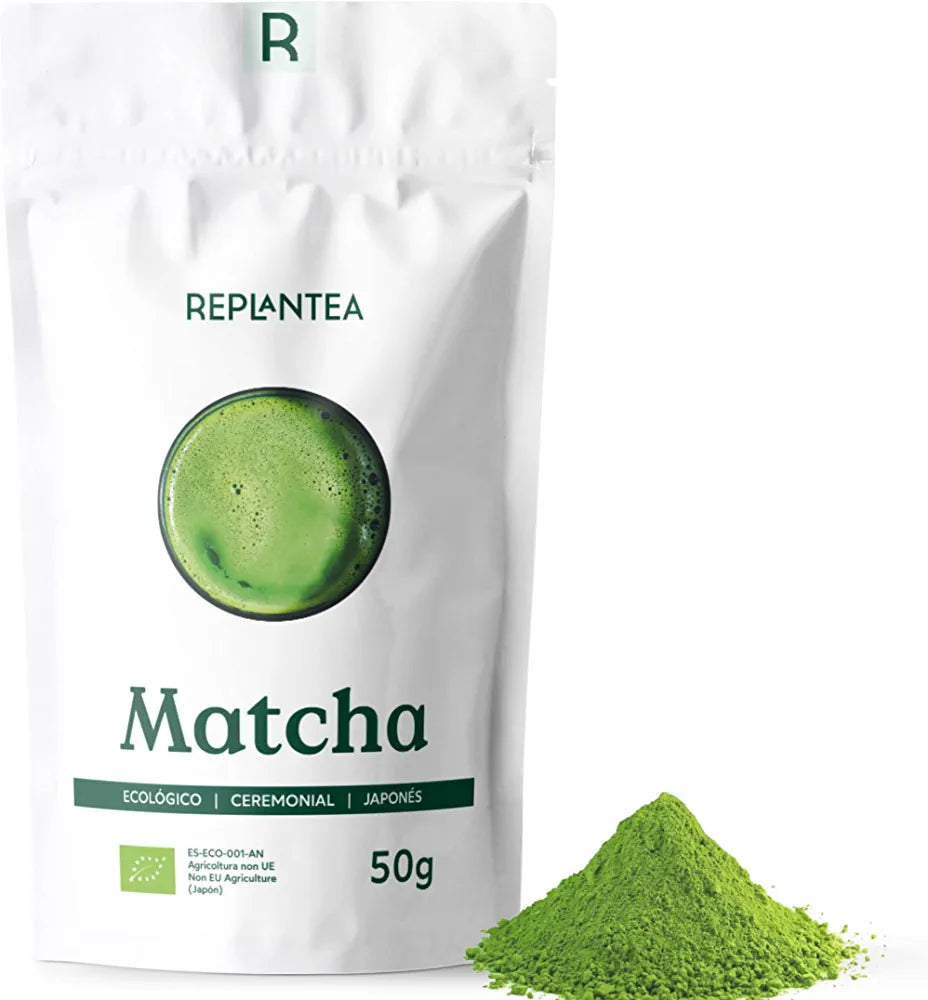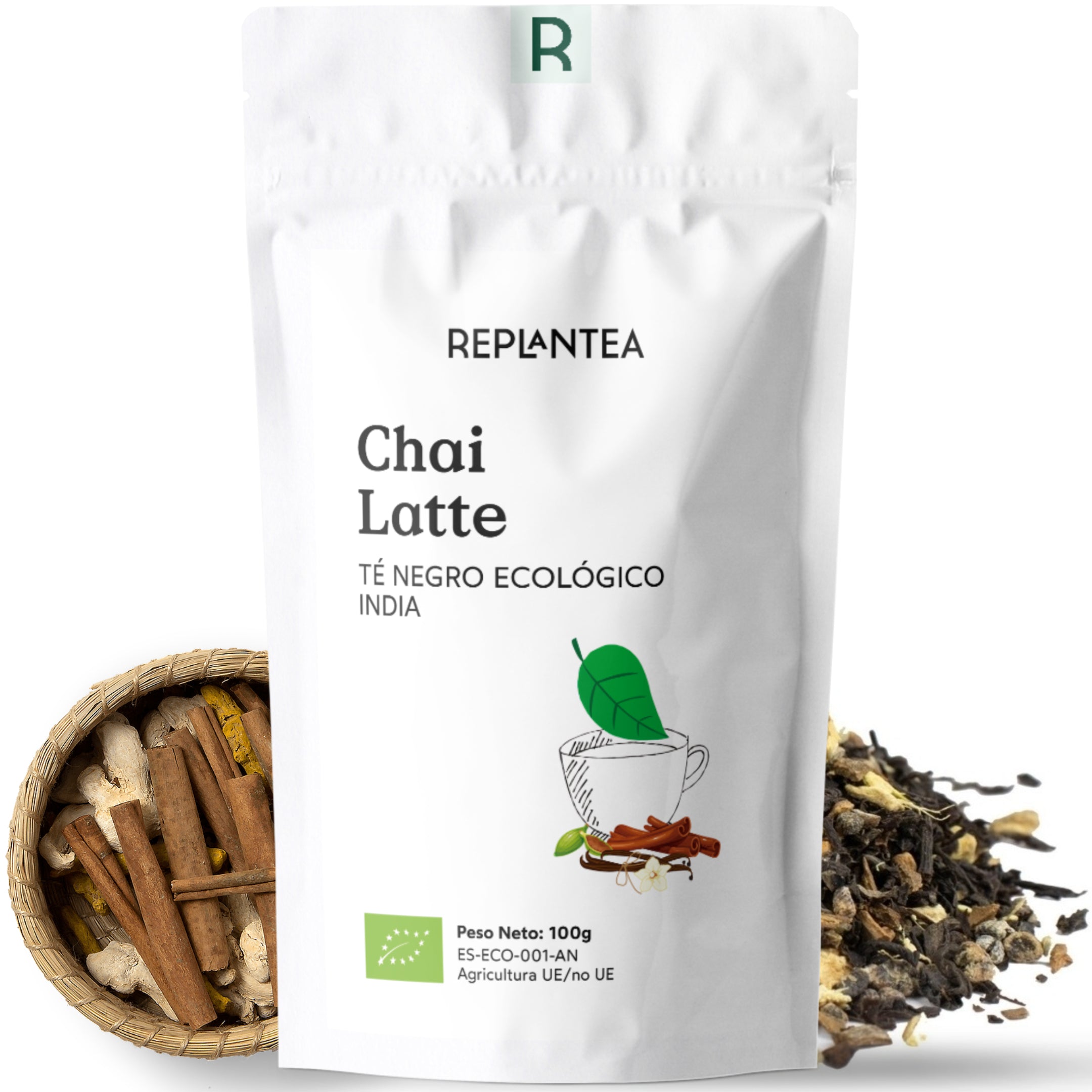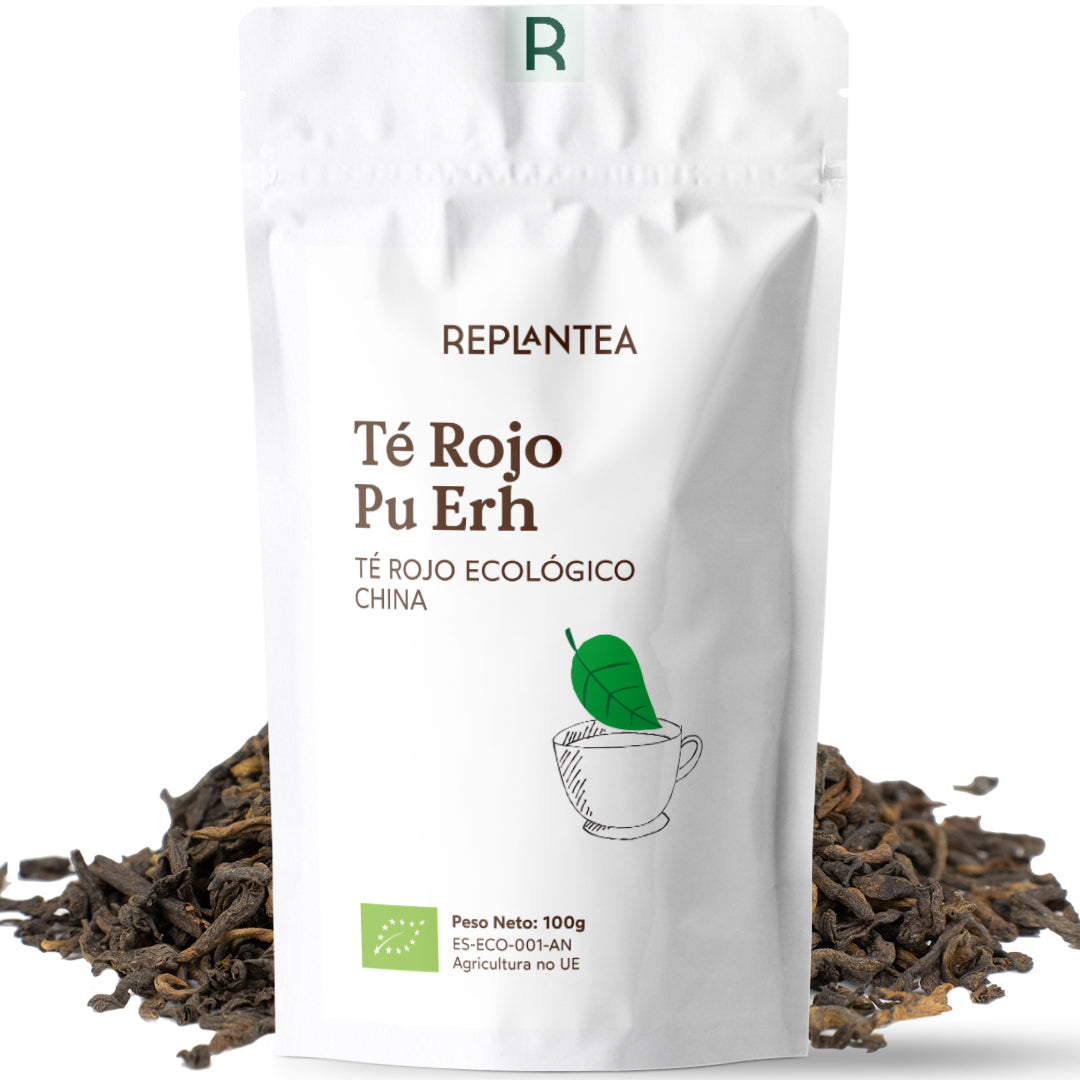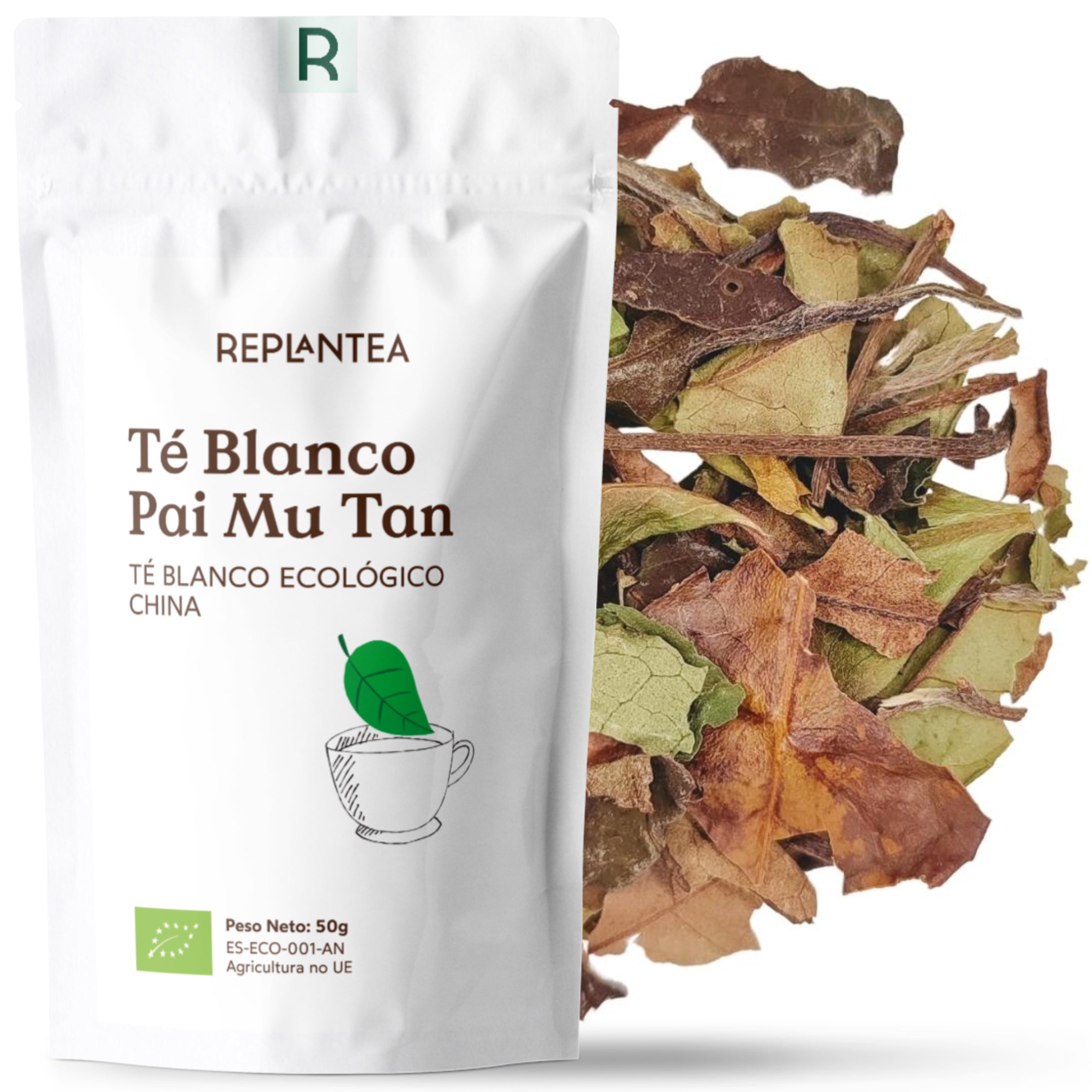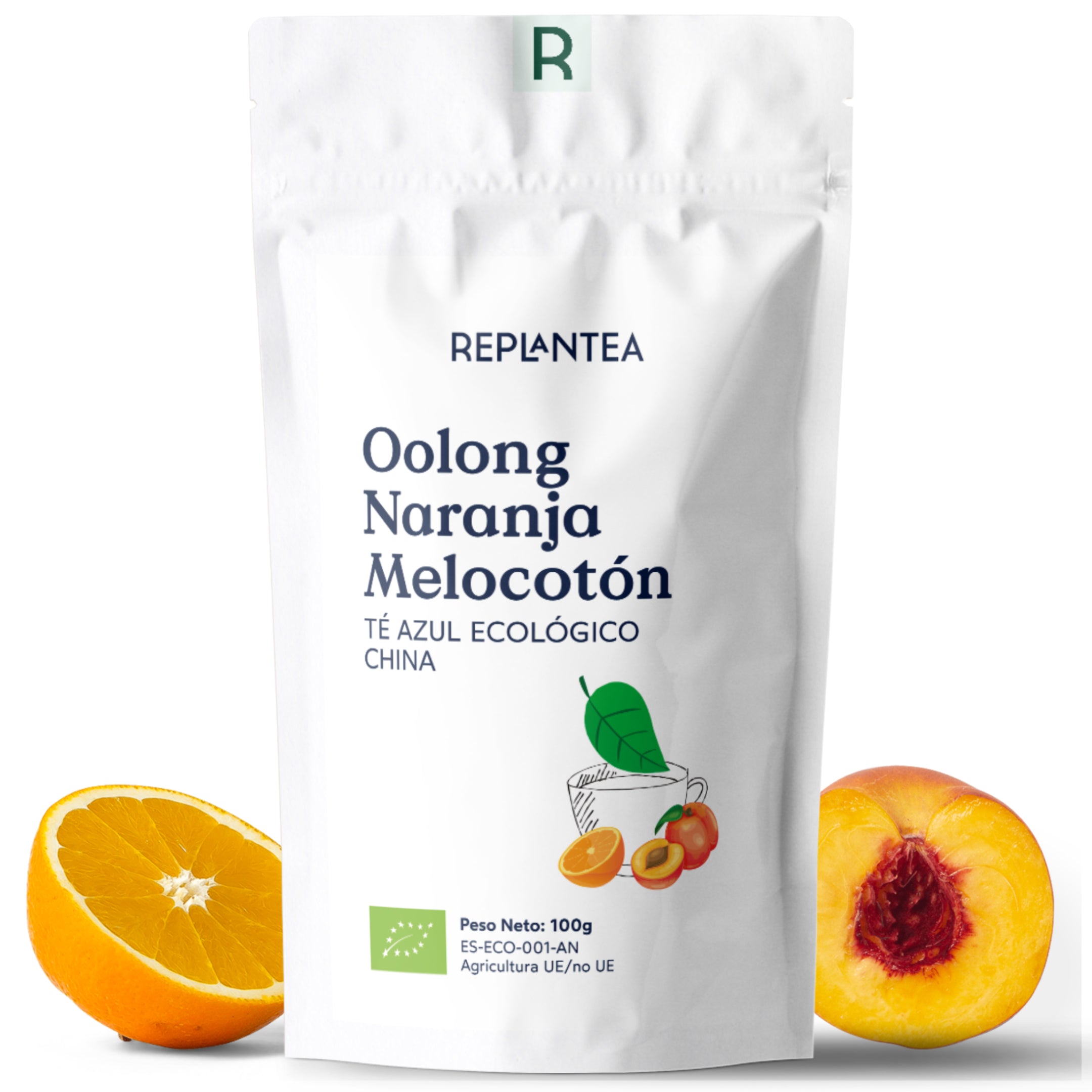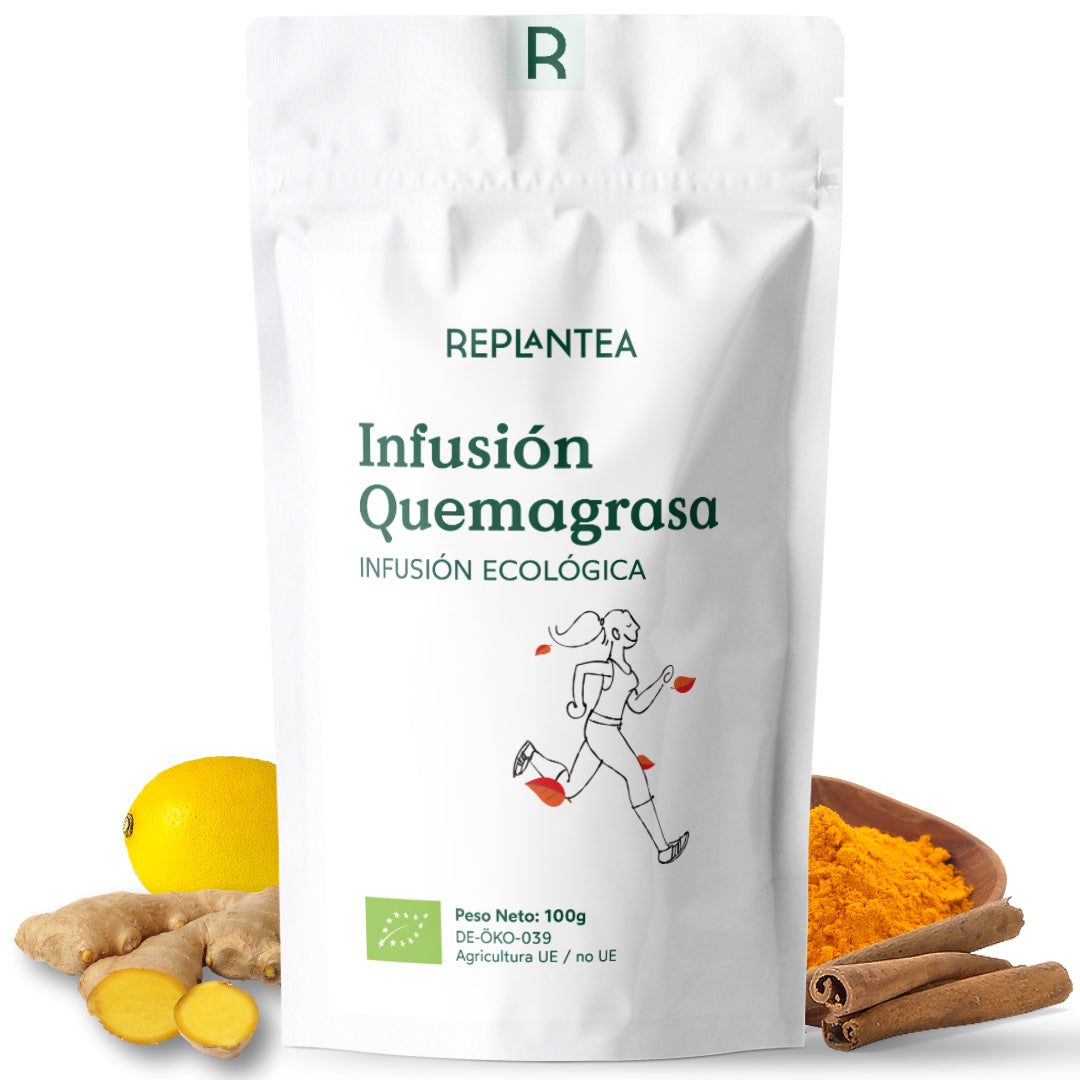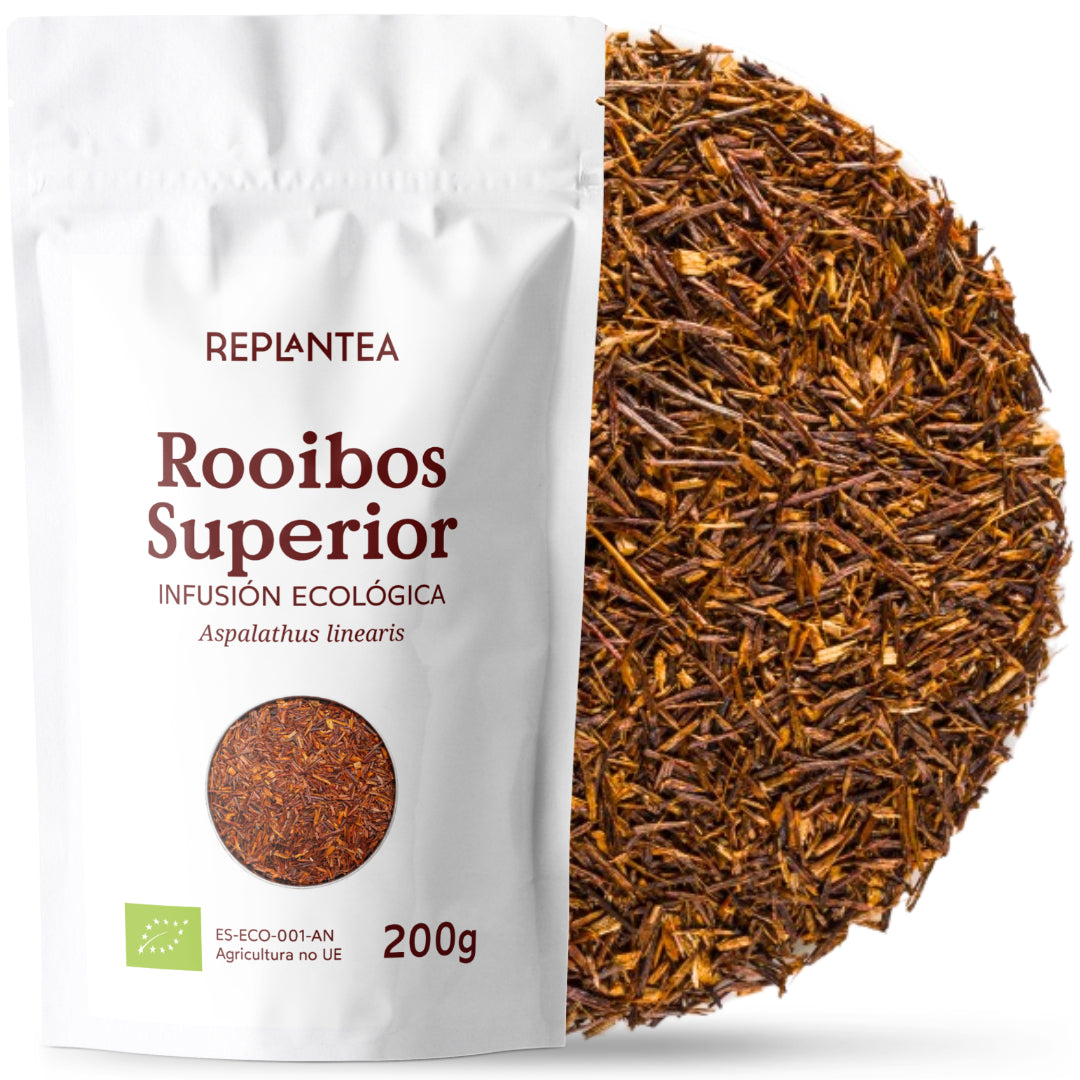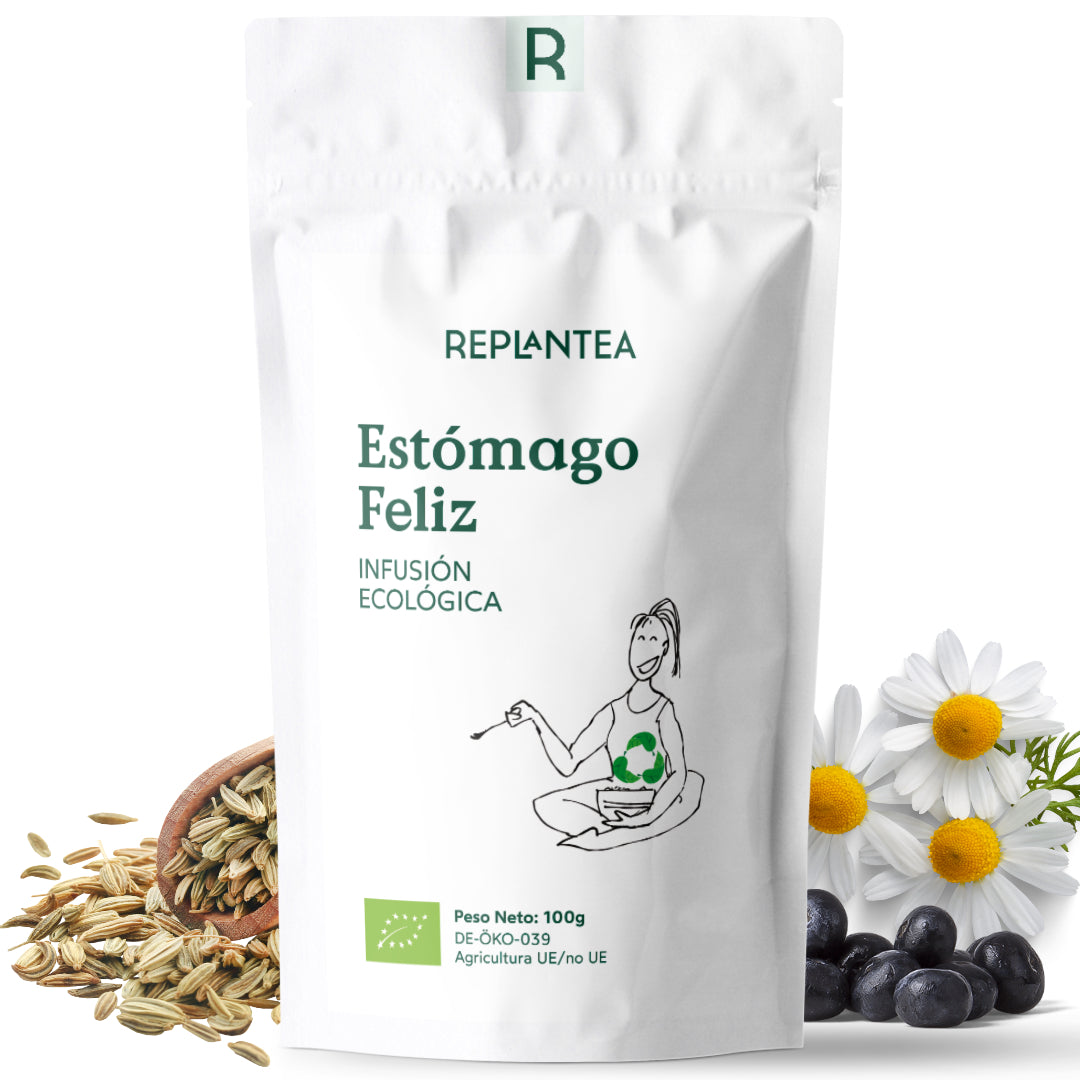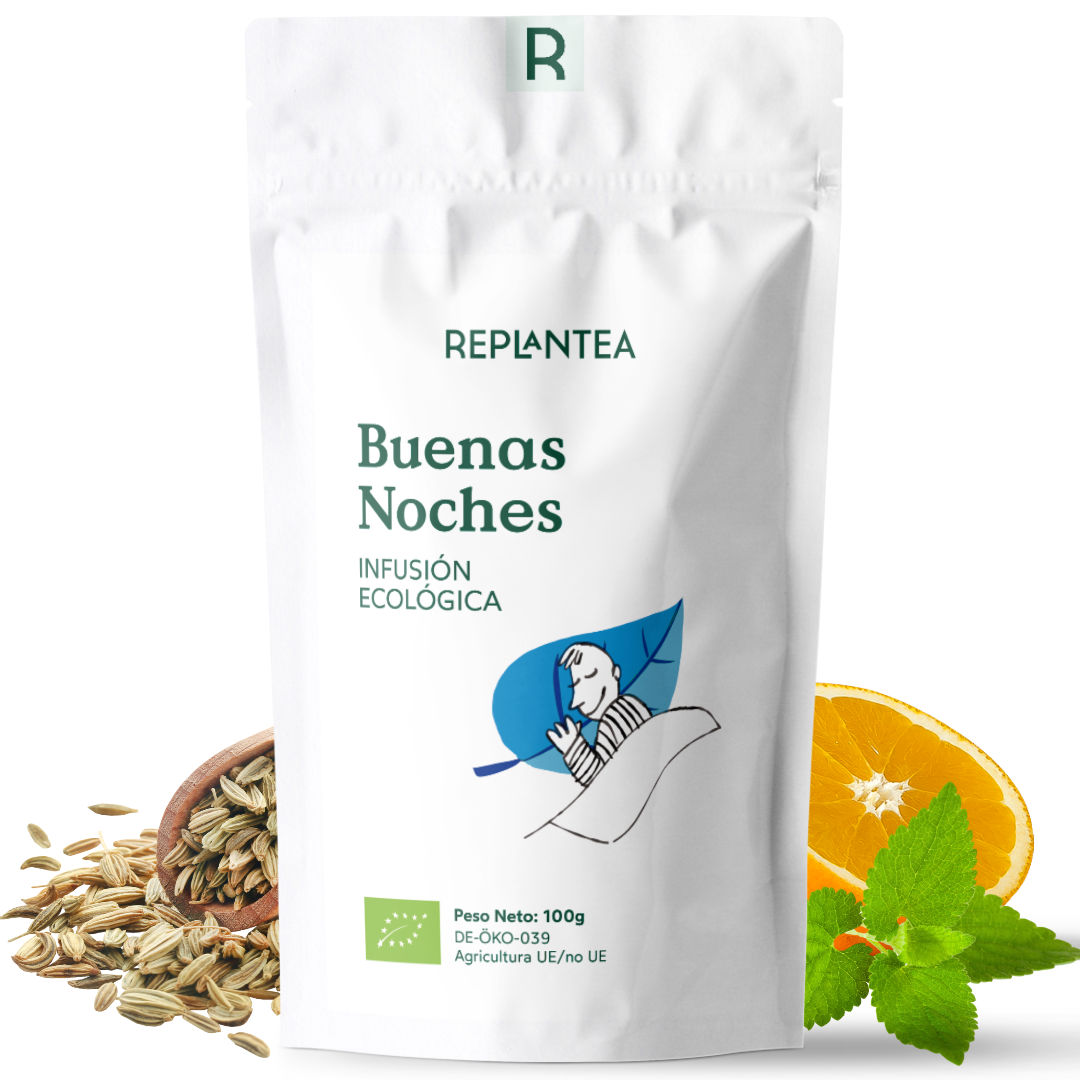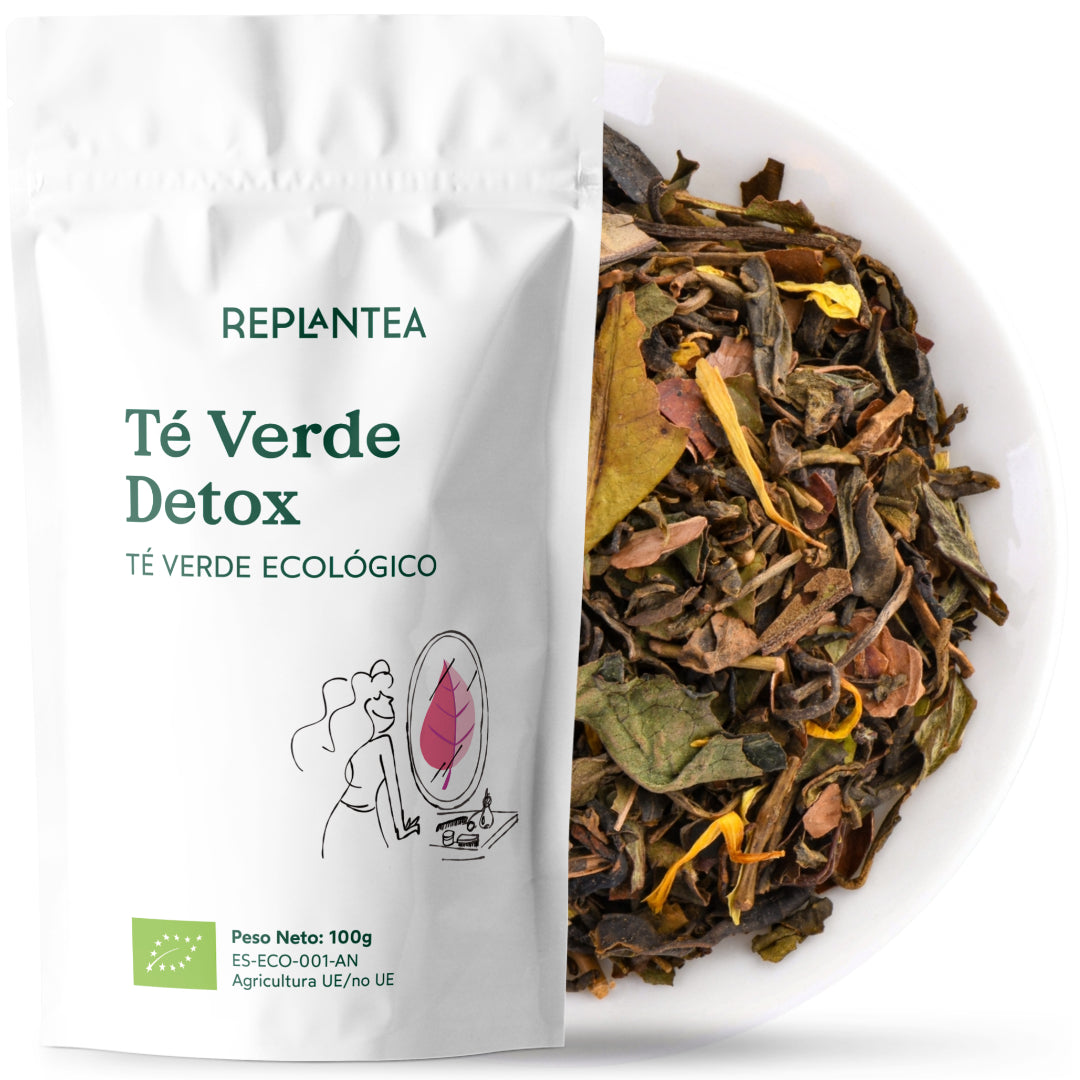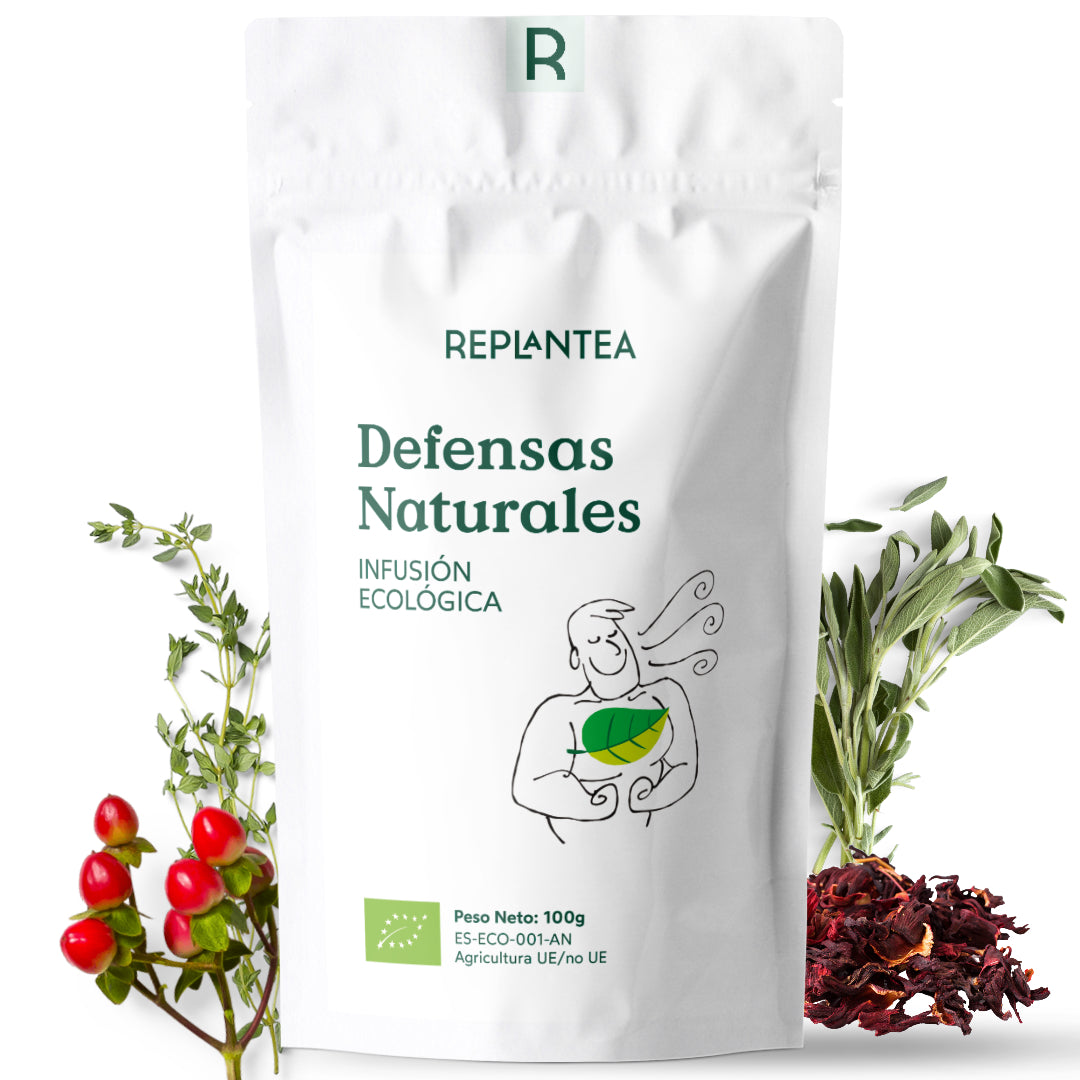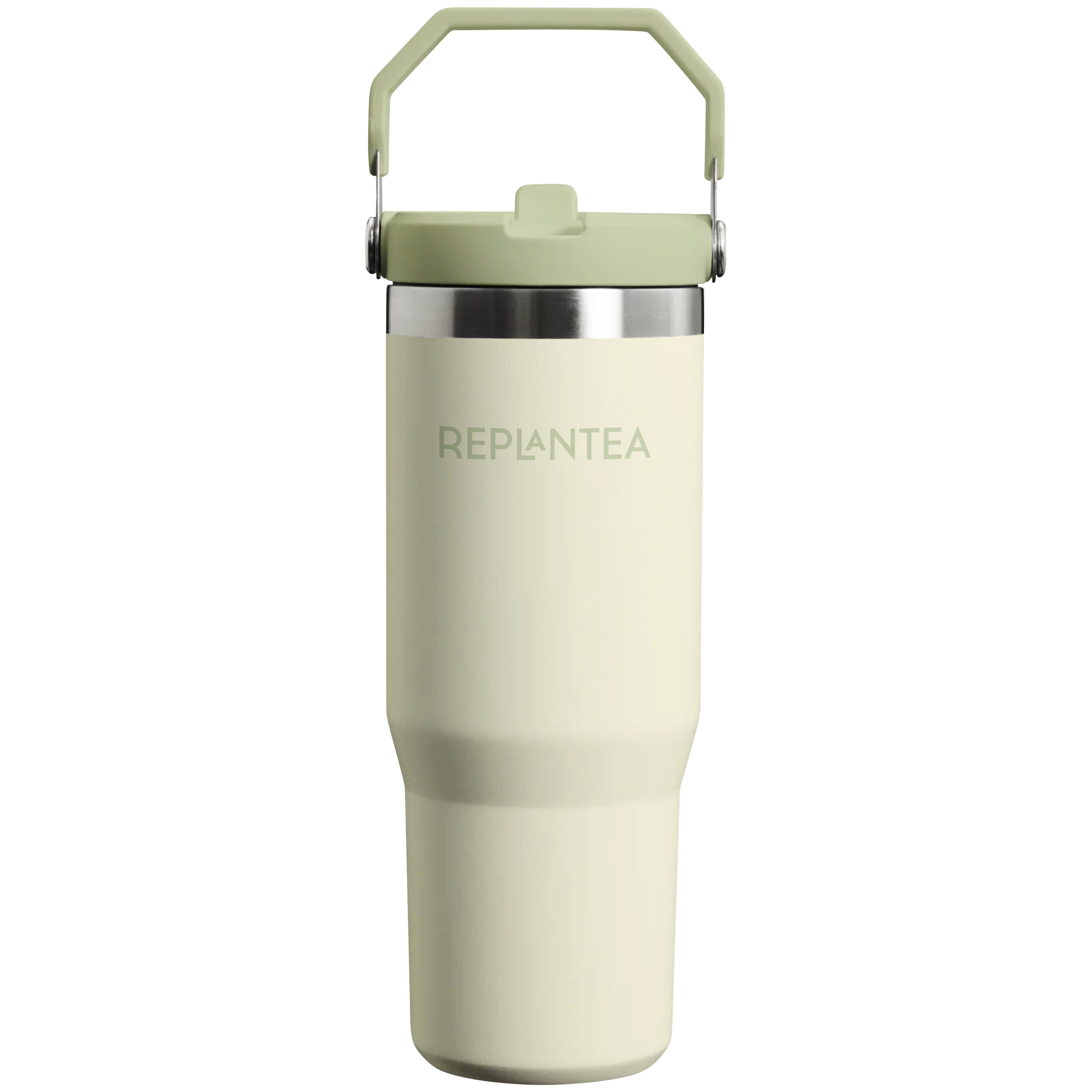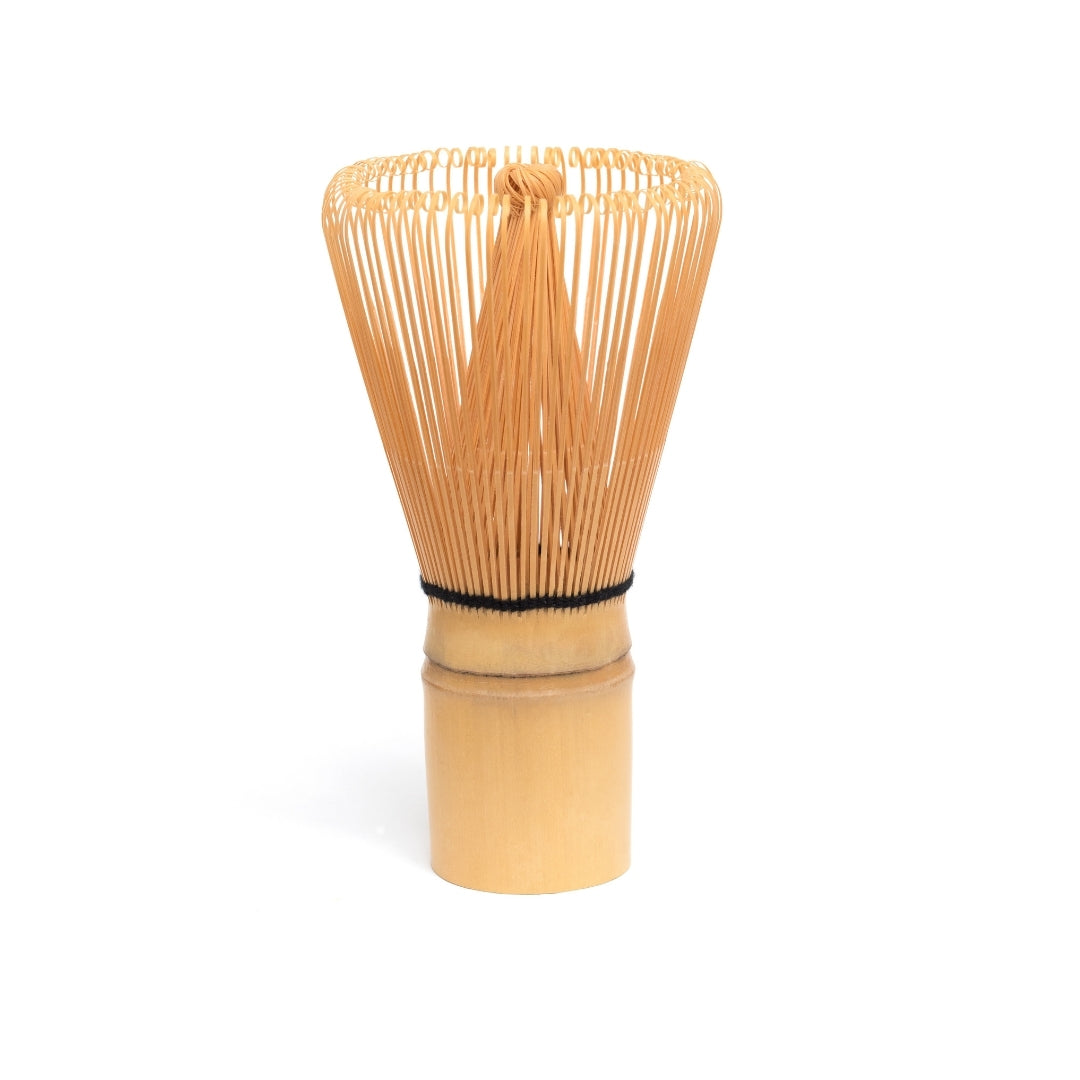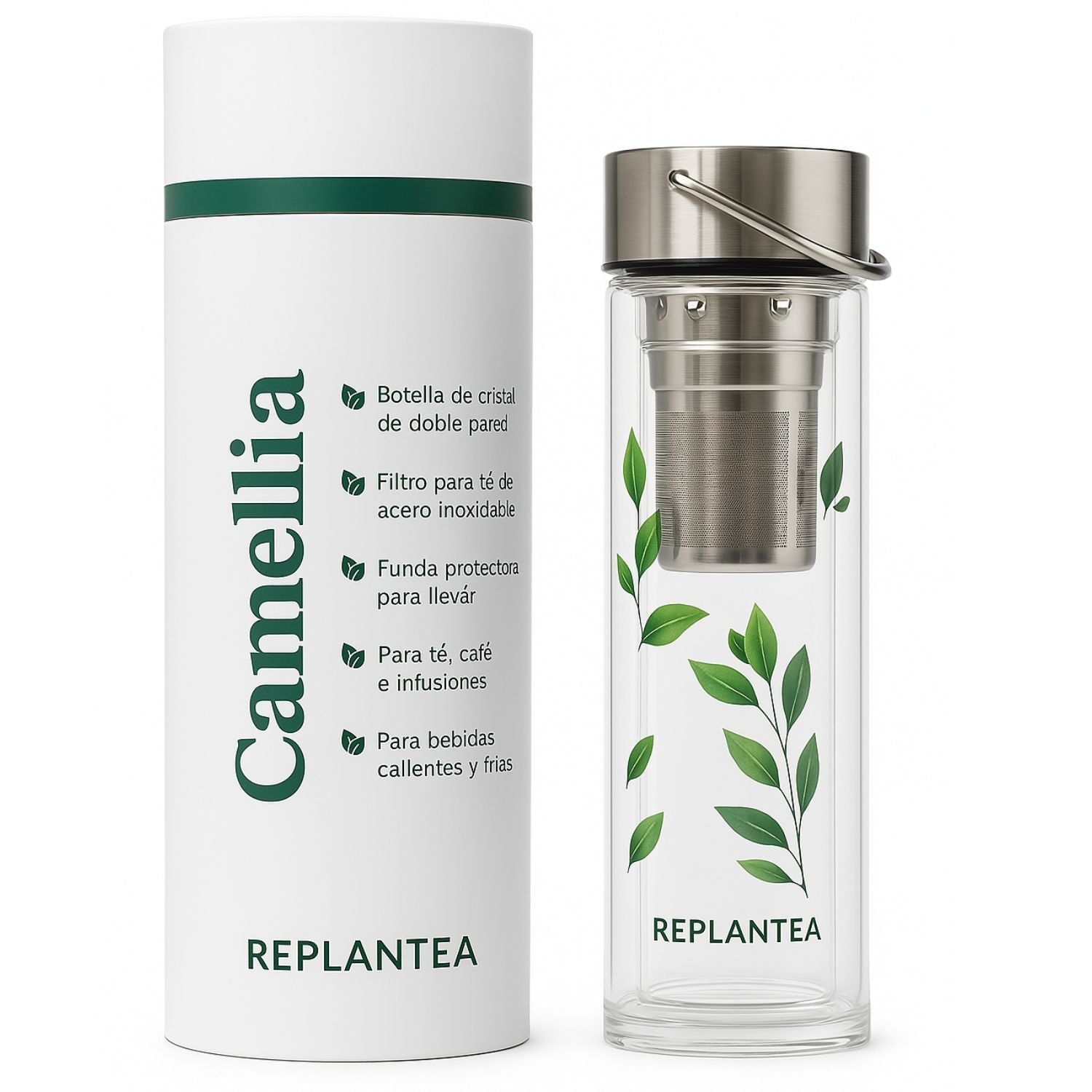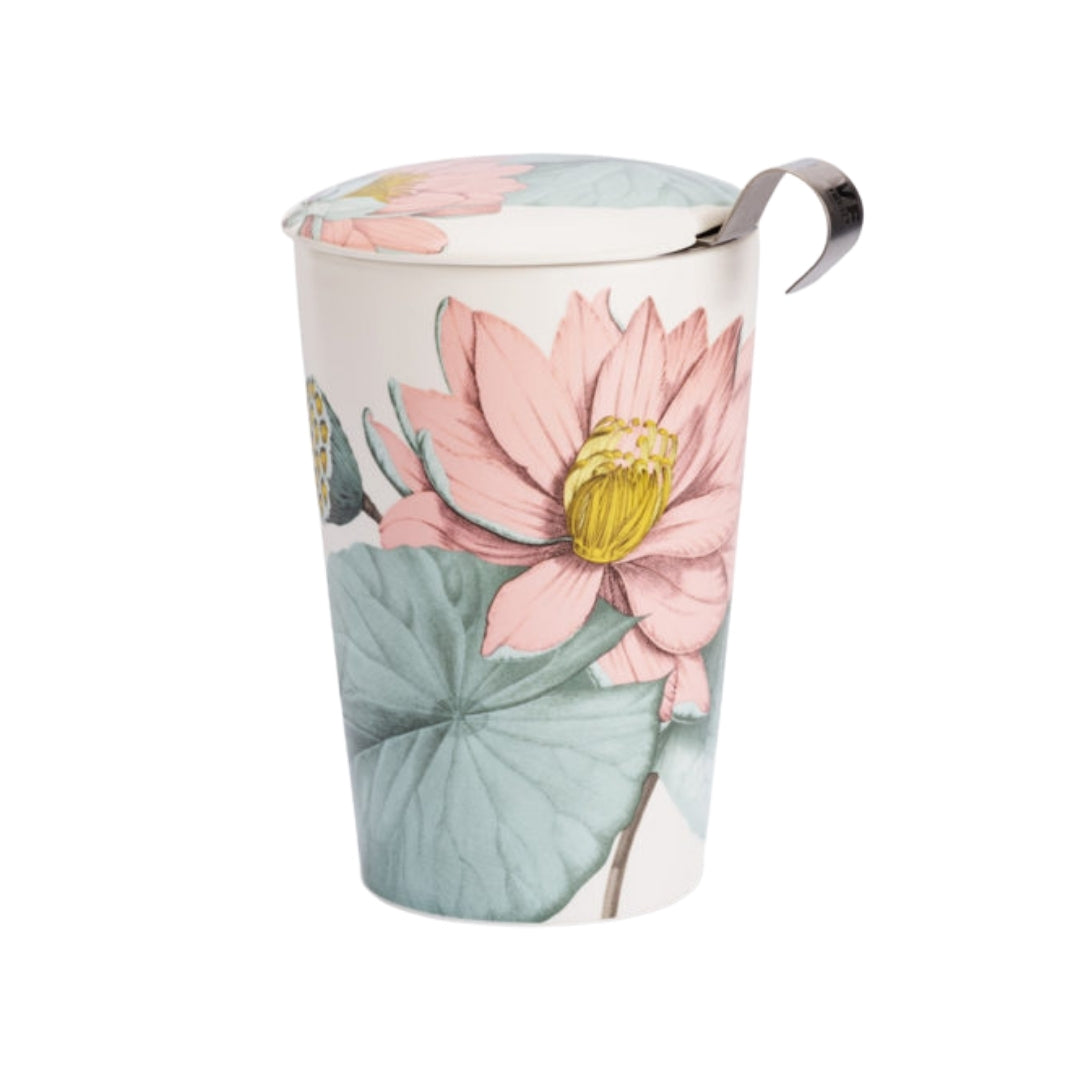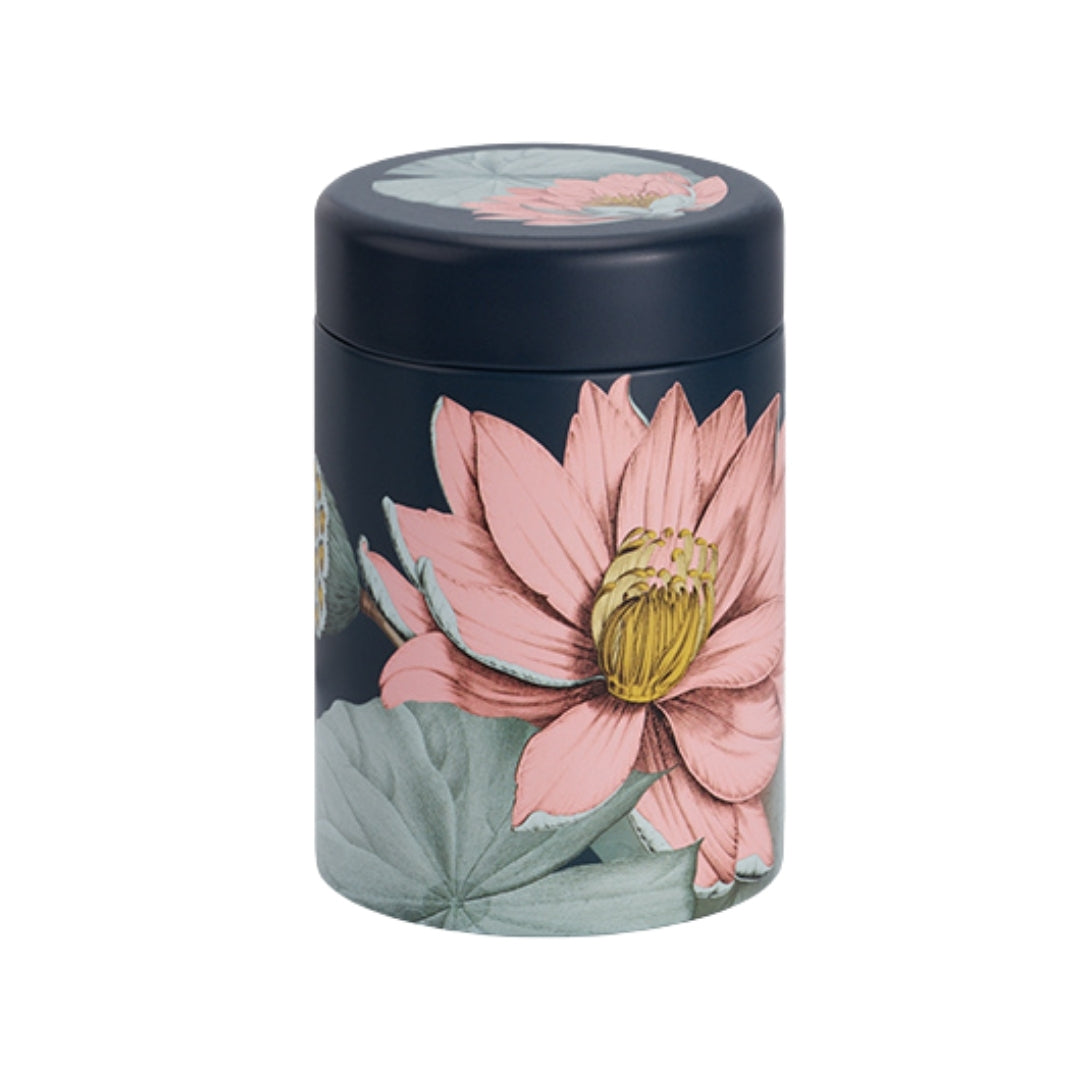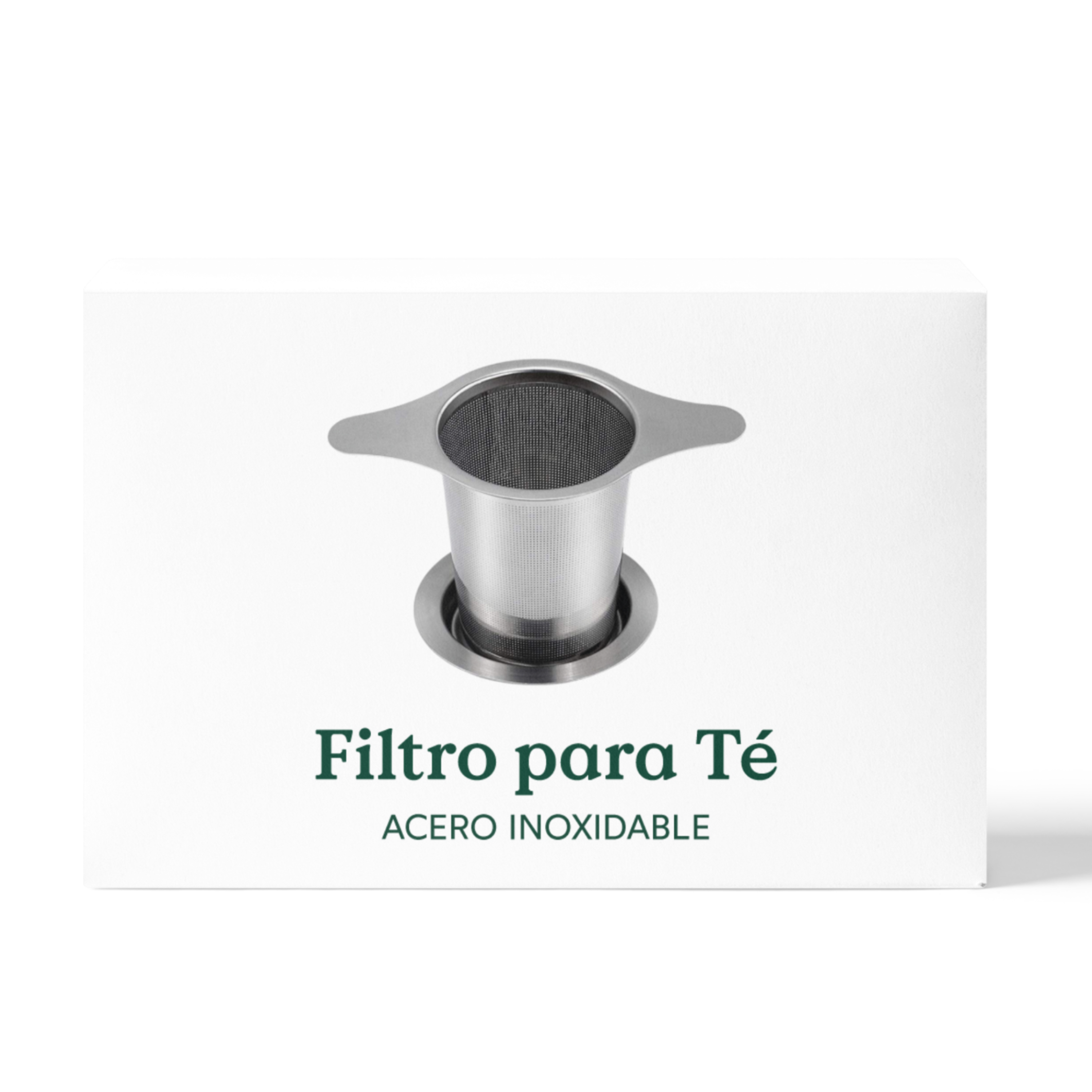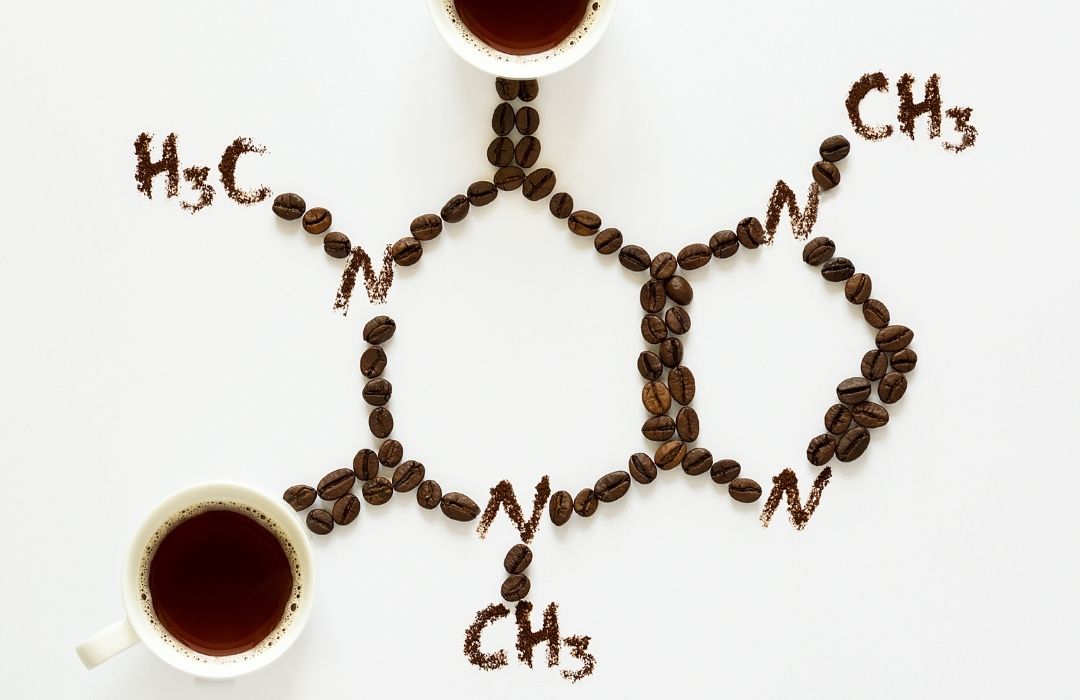
Drink Coffee or Tea? Caffeine or Theine?
Drinking coffee is an integral part of many people's mornings. It's a legendary energy drink that can help conquer even the longest days. But there are many reasons why people want to replace coffee with tea. Some find coffee drinks too acidic for their stomach, while others feel tired and restless after just one cup.
Tea is a great alternative because it's formulated to provide a more subtle, yet longer-lasting energy boost . Plus, teas are available in a wide variety of flavors and strengths, making it easy to choose the ones that are right for you.
Differences between caffeine and theine
Theine and caffeine are the same alkaloid. Recognized in 1838 as identical to the caffeine in coffee, theine in tea is, however, distinguished from the caffeine in coffee because it forms different bonds with other substances , which alters its effect on the body . When tea leaves are infused, the caffeine combines with tannins, which attenuate and stabilize its effect. Tannins prevent theine from being released quickly, so it is absorbed over a longer period of time . The effect, therefore, lasts longer and is more consistent.
In tea, theine stimulates the central nervous system and the cardiovascular system by increasing the diameter of blood vessels in the cerebral cortex. When ingested in coffee, caffeine has a direct effect on blood circulation through the coronary system, stimulating an acceleration of the heart rate. In other words, tea is more of a stimulant than an excitant . It sharpens the mind, increases concentration, eliminates fatigue, and improves intellectual acuity.
How much theine does tea contain?
The leaves of the tea plant, or Camellia sinensis, contain approximately 3% of their weight in theine. However, the theine content of tea varies greatly depending on the type of tea. Other factors, such as where the tea is grown, how it is processed, and brewing techniques , can affect the theine levels in a given cup of tea. Herbal infusions and rooibos tea do not naturally contain theine.
Below, we break down the approximate amount of caffeine in each type of tea. For reference, a cup of coffee contains 100 milligrams of caffeine, although some highly roasted coffees can have even higher amounts.
| Type of Tea, Infusion or Coffee | Theine/Caffeine content per cup (250ml) |
| Matcha Tea | 120 mg |
| Black Tea | 40 mg |
| Green tea | 31 mg |
| Blue Tea or Oolong Tea | 31 mg |
| Red Tea or Pu Erh | 30 mg |
| White Tea | 27 mg |
| Rooibos | 0 mg |
| Herbal infusions | 0 mg |
| Mate | 59 mg |
| Coffee | 100 mg |

Why drink tea for energy?
It's easy to see that most teas have less caffeine than a cup of coffee. So why do so many people recommend replacing coffee with tea when looking to boost energy levels? Tea offers a smoother, more consistent energy boost than coffee. This means you can stay alert and focused without experiencing the downside of subsequent crashes.
In addition to a moderate amount of caffeine, tea also contains an amino acid known as L-theanine, which helps increase mental alertness. L-theanine is found only in tea and certain mushrooms. This rare amino acid reduces stress and improves mood by triggering chemical responses in the nervous system that produce a calming effect. L-theanine is powerful because it induces relaxation without sedating effects.

RELATED INFORMATION
Sources
- De Giuseppe, R., Di Napoli, I., Granata, F., Mottolese, A., & Cena, H. (2019). Caffeine and blood pressure : A critical review perspective. Nutrition Research Reviews, 32 (2), 169-175.
- Dew, T., Day, A., & Morgan, M. (2007). Bone mineral density, polyphenols and caffeine : A reassessment. Nutrition Research Reviews, 20 (1), 89-105.
- Cappelletti S, Piacentino D, Sani G, Aromatario M. Caffeine: cognitive and physical performance enhancer or psychoactive drug? Curr Neuropharmacol. 2015 Jan;13(1):71-88.
- Gahr M. Koffein, das am häufigsten konsumierte Psychostimulans: eine narrative Übersichtsarbeit [Caffeine, the most frequently consumed psychostimulant: a narrative review article ]. Fortschr Neurol Psychiatr. 2020 May;88(5):318-330.
- Verster JC, Koenig J. Caffeine intake and its sources: A review of national representative studies. Crit Rev Food Sci Nutr. 2018 May 24;58(8):1250-1259.
Share

